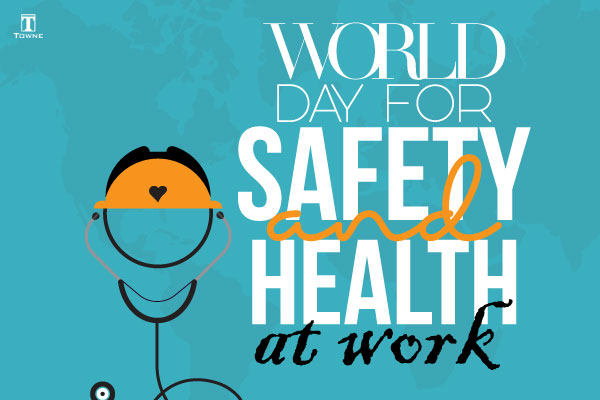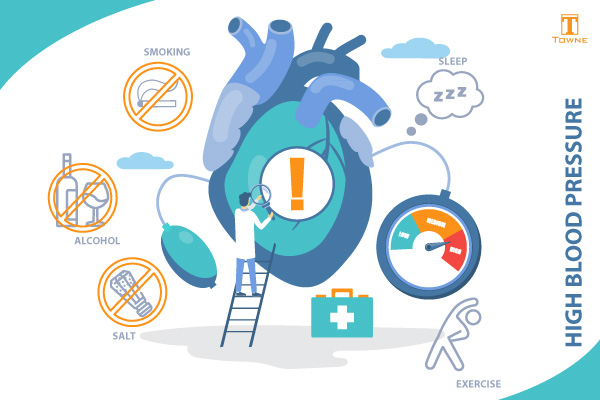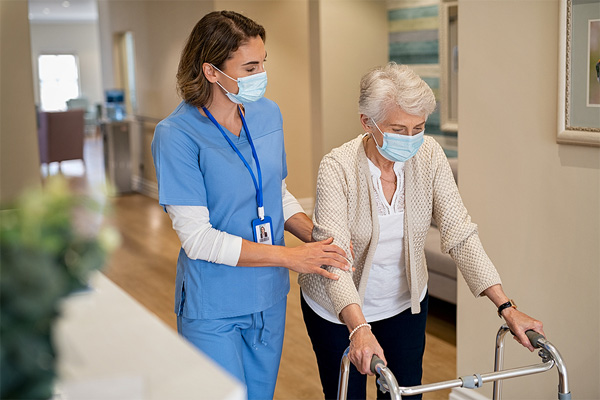Every profession has its myths. People looking in from the outside often don’t understand what a job is really like. But if you have been a CNA for a while, you’ll recognize these myths for what they are – total misconceptions. And if you’re still on the fence about whether to become a CNA, let us help you make a decision by debunking these myths about CNAs:
- CNAs only do grunt work – While it’s true that many of the tasks CNAs do are unpleasant, they are also extremely important tasks which improve the quality of life for their patients. And as CNAs gain more experience, they can work their way up to greater responsibility.
- Being a CNA is a dead-end job – Becoming a CNA can be an end but it can also be a means. Many CNAs use the position as a stepping-stone, and, with additional education, advance to LPN or even to RN.
- All CNAs work in nursing homes – While nursing facilities do provide many jobs to CNAs, there are also CNAs working in hospitals, doctor’s offices, urgent care centers and clinics. Others work as home health aides, caring for patients in their own homes.
- CNAs have no medical responsibilities – Medical treatment is reserved for nurses and doctors, but CNAs are the professionals with the closest relationship to the patients. They’re the ones who will notice anything unusual and report it to the RN or physician in charge.
- CNAs never have trouble finding work – While it’s true that there is a nursing shortage in the United States, work is not always guaranteed. Graduates of programs should have well-written resumes and copies of their certification to show prospective employers. A cheerful disposition, flexibility and a professional air will make it easier to find a job.
- CNA training takes a long time – Actually, CNA training can be fit into your schedule, so it can be an intense training period of two weeks or it can be stretched out over nine months. Training consists of classroom training, practical experience and field work.
- Online training is the best option – Many online programs do exist and they are attractive due to their flexibility. But it’s important to remember that online programs don’t offer practical, hand-on learning. In addition, not all online programs are accredited, so they won’t help with getting a job.
- The night shift is a walk in the park – The patients are sleeping, so what could there be to do? Aside from answering call lights during the night, CNAs who work nights are busy stocking, cleaning, filling out charts and taking care of anything else which didn’t get done during the day.
- CNA work is just technical – One of the rarest commodities in old age is dignity. When a CNA treats a patient with respect, this is worth much more than just getting the job done. The best CNAs act as if the patients were their own family members.
- Some people are “just CNAs” – Sometimes people refer to themselves as “just a CNA” but there is no such thing! CNAs are the backbone of any facility. The nurses would not be able to do their jobs without them and the patients would not have the benefit of a personal connection with a friendly and professional face.







